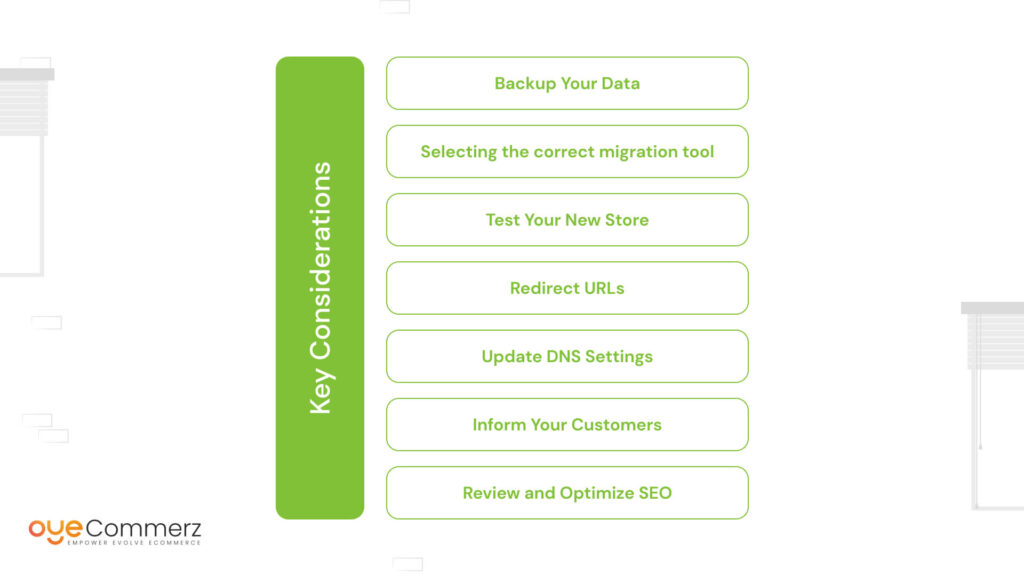In the dynamic sphere of digital commerce, picking the optimal system is essential for your company’s growth. If you’re presently using WP and thinking about a migration to an alternative, you’re not the only one. Numerous businesses are shifting to leverage Shopify’s robust tools, simplicity, and expandability. This guide will take you through the journey of migrating from WordPress to Shopify smoothly, ensuring that you realize your online retail potential.
Why Transition from WordPress to this platform?
Ahead of starting the migration process, it’s essential to realize why this shift can be helpful for your online store:
User-Friendly Interface: Shopify features an straightforward dashboard that makes easier store management, allowing for non-technical users.
Flexibility: As your business expands, Shopify can accommodate higher visitors and transactions without compromising efficiency.
Built-in Tools: Shopify includes integrated resources for search engine optimization, analytics, payment processing, and additional functionalities, minimizing the necessity for multiple plugins.
Advanced Safeguards: With Shopify, you utilize robust security measures that safeguard confidential customer information.
Steps for a Effortless Migration
Migrating your online store from WordPress to Shopify includes key actions.
Here’s steps to facilitate a hassle-free transition:
Outline Your Migration Plan
Start by outlining your migration plan. Identify which aspects of your present site you wish to move, such as:
Item details
Customer information
Purchase logs
Articles
Pick the Appropriate Migration Option
Depending on your needs, opt for a OyeCommerz migration packages migration service that suits your eCommerce goals. Migration experts offers various plans:
Entry-Level Plan: Perfect for compact stores with limited products.
Mid-Tier Plan: Suitable for medium-sized businesses with moderate needs.
Comprehensive Solution: Best for big stores needing broad customization.
Backup Your Content
Before starting the migration, guarantee that you have a comprehensive backup of your WP site. This action is essential in situations where anything goes wrong during the migration.
Extract Your Content from WP
Use tools or manual methods to extract critical data from your WP site:
Products
Clients
Transactions
Content pieces
Upload Data into Shopify
After you have your data exported, use Shopify’s migration apps or third-party apps to migrate your data into your Shopify store. Confirm that all data is correctly structured and arranged.
Adapt Your Shopify Site
Once importing data, tailor your Shopify store’s theme to match with your business goals. Look into working with a designer if you want detailed customization.
Establish TransactionOptions and Logistics
Arrange payment gateways and delivery choices in Shopify to ensure a smooth checkout experience for customers.
Adopt Search Engine Optimization Guidelines
To keep your online visibility during the migration:
Set up 301 URL mappings from existing URLs to updated ones.
Revise meta tags.
Enhance media and text for search engines.
Review Your Updated Shop
Prior to Shopify for customer retention launching, extensively review your Shopify platform. Check for any discrepancies, payment processing issues, or untransferred content.
Launch Your Store
After everything is in place, it’s time to launch! Share the transition to your clients and motivate them to experience the enhanced features of your Shopify store.
Post-Migration Assistance
Even after releasing your Shopify store, continued assistance is essential. Think about working with service providers who can help with:
Site maintenance
Customer engagement
Improvement strategies
Conclusion
Migrating from WordPress to this platform can be a crucial move for your eCommerce. By following this guide and utilizing tools like those offered by industry leaders, you can ensure a smooth transition that enhances your digital storefront. Accept the shift and realize the full capabilities of Shopify today!
